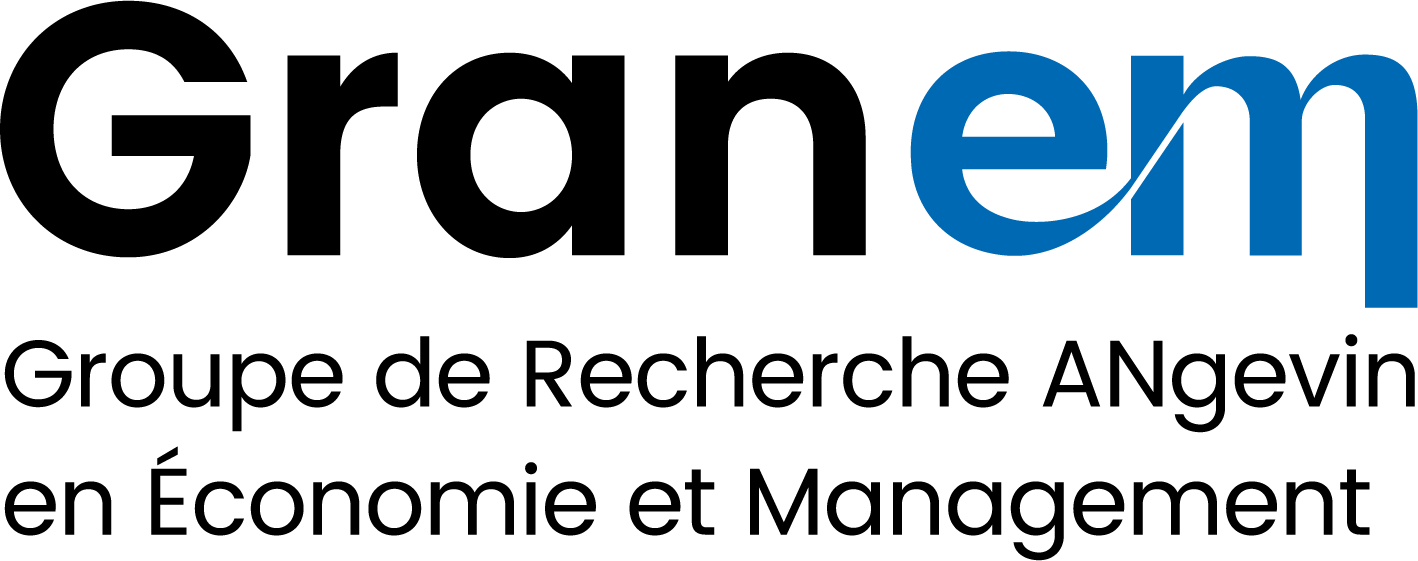Can Rationing Rules for Common Resources Impact Self-insurance Decisions?
Résumé
When users have ex-ante demands over a common resource and when
resource size is not sufficient to cover all the individual demands, there
is a need to establish a rationing rule. I test whether the choice of
the rationing rule impacts the individual decision to self-insure, i.e., to
invest in a secure alternative resource, instead of relying on a free but
uncertain common resource. Four rationing rules, empirically relevant
for water management, are compared using a laboratory experiment.
According to Nash predictions, the investment in self-insurance is the
same with the four rules. However, the experimental data show that
agents’ decisions are impacted by the rule. Coordination on the optimal
self-insurance level is higher with the no allocation rule. However, total gains are higher with the constrained-equal awards rule, and their vari-
ability is reduced. Rules which are defined as a proportion of posted
demands, such as the proportional and constrained-equal losses rules,
induce sub-optimal levels of self-insurance.
